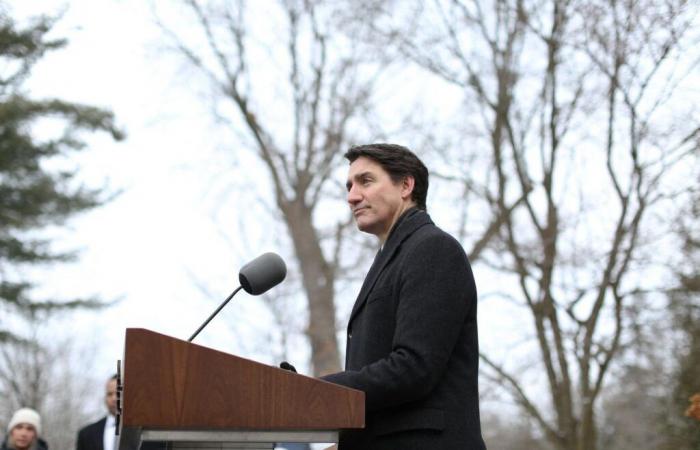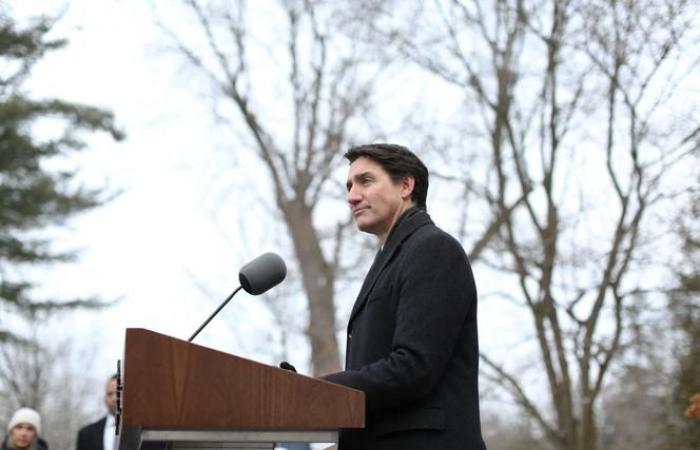After several months of political storm, Canadian Prime Minister Justin Trudeau has decided to announce his upcoming resignation, Monday January 6, after nine years in power. “I intend to resign as party leader [libéral] and prime minister once the party has chosen its next leader”said the fifty-year-old, on the square of his residence in Ottawa, noting a “Parliament paralyzed for months”. He announced the extension of the suspension of parliamentary work until the end of March – against the end of January initially -, suggesting new elections in the process.
As Geneviève Tellier, professor of political studies at the University of Ottawa, explains, the head of the Canadian government had been hotly contested for several months by the conservative opposition, but also within his own camp, accumulating missteps and defections.
Read also | Article reserved for our subscribers Canadian Prime Minister Justin Trudeau forced to resign
Read later
How do you explain the resignation of Justin Trudeau, when elections were to be held by the end of the year?
Justin Trudeau is facing, like his party, growing unpopularity, after nine years of wear and tear in power, against a backdrop of the inflationary and housing crisis in Canada. Since the fall of 2023, the Liberal Party has been lagging behind in the polls. The situation has even worsened, since the Liberals now find themselves 20 points behind the Conservative Party of Canada, the main opposition party, led by Pierre Poilievre.
You have 79.49% of this article left to read. The rest is reserved for subscribers.
France
World







